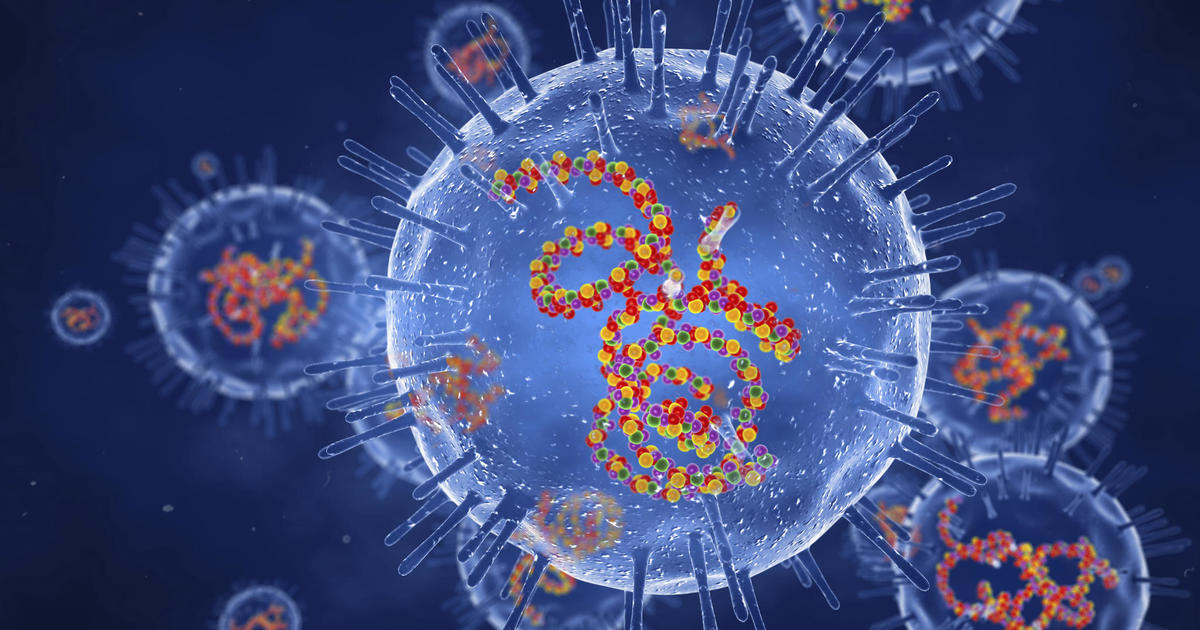As Supply, Demand For 'Designer Drugs' Grow, Some Push For Stricter Testing
LOS ANGELES (CBSLA.com) — The owner of a Los Angeles-based addiction recovery network is pushing for standard drug-testing to include synthetic substances which permit "so-called legal highs", according to the United Nations Office on Drugs and Crime.
A recent report from the UNODC shows that new psychoactive substances (NPS), such as "bath salts", have grown in popularity by as much as 50 percent in the last three years.
Meg Higgins, owner of Her Miracle Network in Los Angeles, told City News Service growing supply and demand, combined with the ability of NPS to go undetected, is underscoring the need to adapt standard testing.
"Bath Salts are cheap, easily found and they don't show up on standard drug tests," Higgins said.
"Drug users across the country are always looking for the next drug they can use that won't get them fired from work, kicked out of their sober living home or sent back to jail for breaking parole."
The 2013 World Drug Report, released by the UNODC late last month, pointed to several commonly used synthetic drugs, including "bath salts", synthetic cathinones which include stimulants mephedrone and MDPV.
The organization said synthetic cannabinoids, commonly sold as "spice", "kronic", "skunk" and "K2", have been "the most diverse and predominant since 2009", with more than 60 types of the substance made available.
Other major groups of NPS included stimulants called phenethylamines, related to amphetamine and methamphetamines, and piperazines, often sold as "ecstasy".
The substances are commonly sold in tablet, capsule or powder form, and are often available over the counter.
"The common misconception that NPS are safe because there are not legally controlled or banned in some countries have contributed to their popularity and use, often with disastrous effects including several reported fatalities," the report stated.
Dr. Louise Stanger, an interventionist with Her Miracle in Los Angeles, echoed the sentiment.
She cited a study conducted by the organization in which researchers found that rats worked more than 10 times harder to get "bath salts" than meth, supporting the theory the synthetic drug is more addictive.
"I have seen the devastation this drug has done to families. Bath salts are highly addictive and have been shown to cause permanent cognitive impairment. We can't intervene or treat these people properly without definitive testing," Stanger told CNS.
The study will be published by Neuropharmacology medical journal in August.
(©2013 CBS Local Media, a division of CBS Radio Inc. All Rights Reserved. This material may not be published, broadcast, rewritten, or redistributed. Wire services contributed to this report.)



